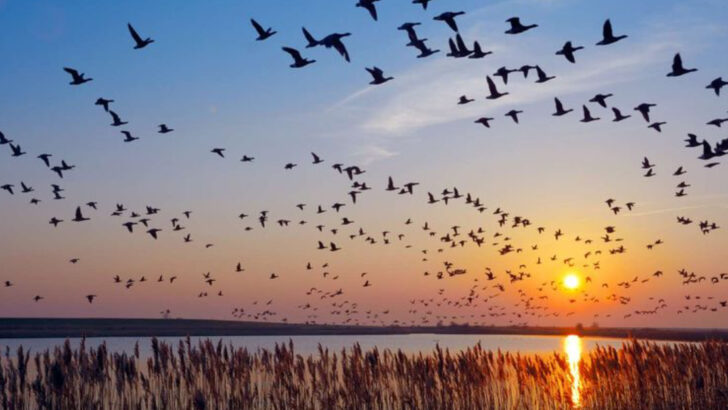Exploring the hypothetical scenario of a world without humans, we delve into how animals might fare in our absence.
This thought-provoking topic sheds light on the resilience and adaptability of wildlife, and what changes might occur in ecosystems without human influence.
From predators to pollinators, each species has unique challenges and opportunities in a human-less world.
Join us as we explore 10 intriguing facts about how animals might survive without us, highlighting their incredible instincts and adaptability.
Wolves Reclaim Territories
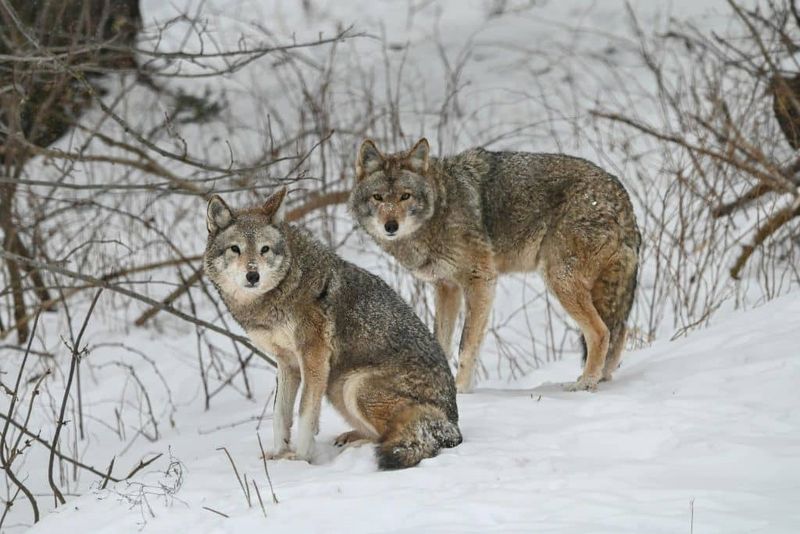
Wolves, with their intelligent pack dynamics, would likely reclaim territories previously dominated by humans. These majestic creatures, known for their strategic hunting skills, would thrive in forests and even urban areas overtaken by wilderness.
Without humans to pose a threat, their populations could increase, leading to healthier ecosystems through controlled prey populations. The absence of roads would reduce fatalities, allowing packs to safely expand their range.
In the past, wolves were top predators, maintaining balance in their ecosystems. Their resurgence would echo a return to natural order, showcasing nature’s power to restore itself.
Bees Flourish in Urban Jungles
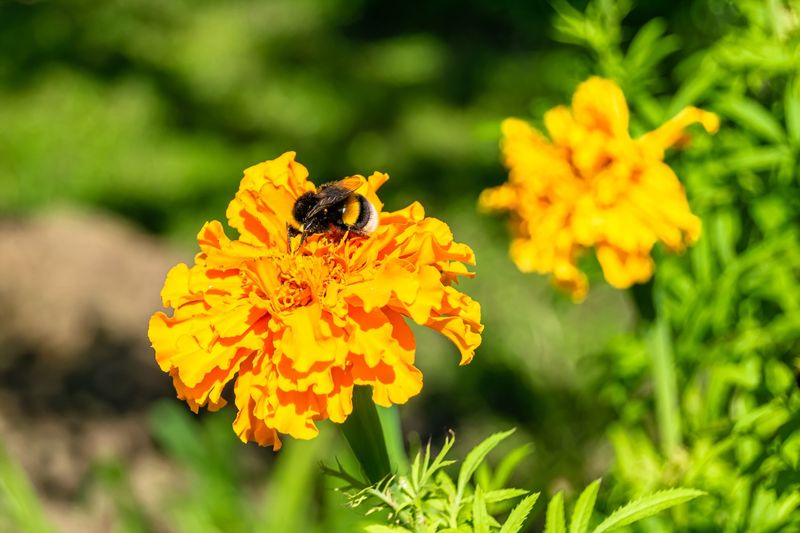
In a world devoid of humans, bees might flourish as flowers bloom unchecked in urban jungles. These industrious pollinators are crucial for the reproduction of many plants, supporting entire ecosystems.
The absence of pesticides and human development would lead to more diverse floral growth, benefiting bee populations. Cities once bustling with life would transform into havens for these essential insects.
Bees, facing challenges today, would likely see population booms, leading to richer biodiversity. Their survival would ensure the continuation of various plant species, highlighting their importance in a human-less world.
Elephants Roam Free
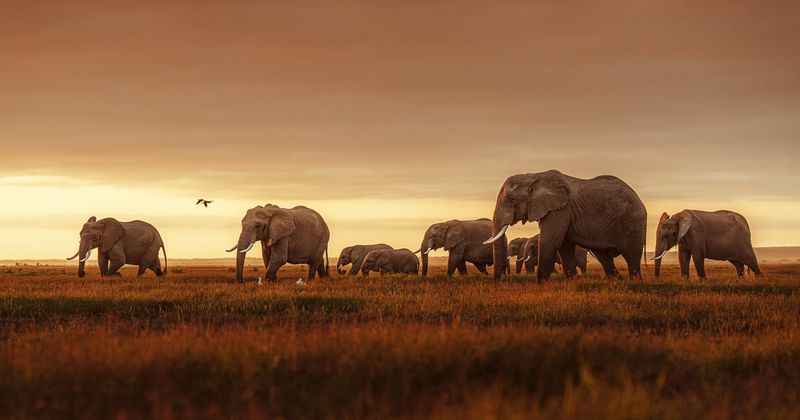
Elephants, with their remarkable intelligence and family bonds, could roam vast landscapes unimpeded. These gentle giants, often confined by humans, would expand their territories, following ancient migratory routes.
Without poaching and habitat destruction, elephant populations might rebound, contributing to the health of savannah ecosystems. Their movements facilitate seed dispersal and landscape shaping, crucial for biodiversity.
Historically, elephants have been ecosystem engineers, maintaining the delicate balance of their habitats. Free from human constraints, their role could flourish, underscoring their significance in maintaining natural harmony.
Coral Reefs Recover
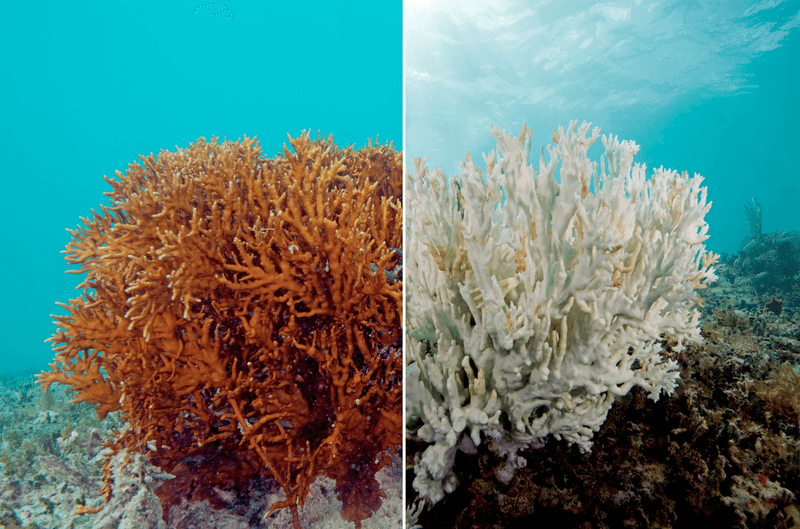
Coral reefs, often dubbed the rainforests of the sea, might see recovery without human interference. These underwater ecosystems, vital for marine life, suffer from pollution and warming oceans.
In a human-less world, coral reefs might regenerate, fostering diverse marine species. The absence of pollutants and destructive fishing practices would allow these fragile ecosystems to thrive.
Historically, reefs have been resilient, bouncing back from natural disasters. Without human-caused stressors, their recovery could be profound, supporting rich biodiversity and stabilizing oceanic environments.
Birds Fill the Skies
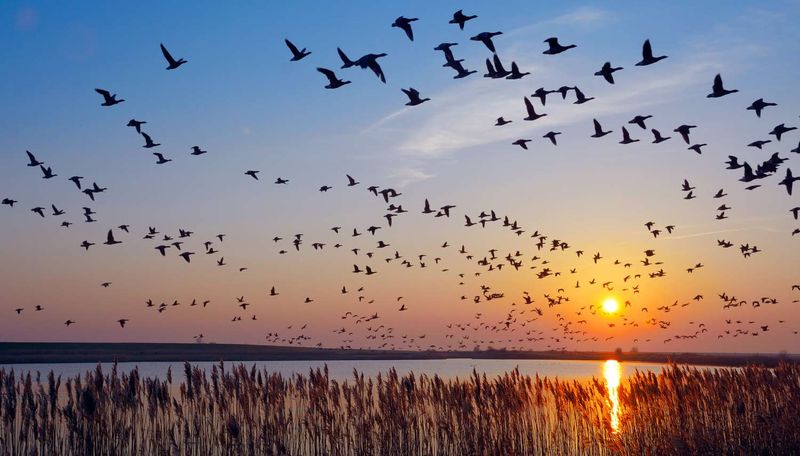
Bird populations would likely soar, filling skies with song and color. These avian wonders, often threatened by habitat loss and pollution, would thrive in a world without humans.
With natural habitats restored, birds could find abundant resources and nesting sites. Their migrations would face fewer obstacles, leading to healthier populations and more successful breeding.
Birds have always been crucial for ecosystems, aiding in seed dispersal and pest control. Their resurgence would enhance ecological balance, showcasing their adaptability and the beauty of a restored natural world.
Rivers Run Wild
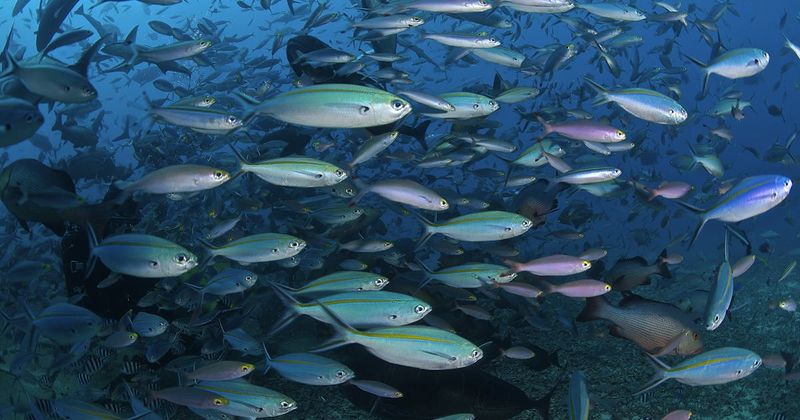
Rivers might return to their natural courses, flowing wild and free. Without dams and pollution, waterways would support diverse aquatic life. These vital ecosystems, historically altered by human activity, could restore their previous vibrancy.
Fish populations would likely rebound, supporting predators like otters and birds of prey. The reestablishment of natural floodplains would enhance nutrient distribution, benefiting surrounding habitats.
Historically, rivers have shaped landscapes, carving valleys and nurturing life. Their unencumbered flow would rejuvenate ecosystems, highlighting their essential role in maintaining environmental health.
Forests Expand
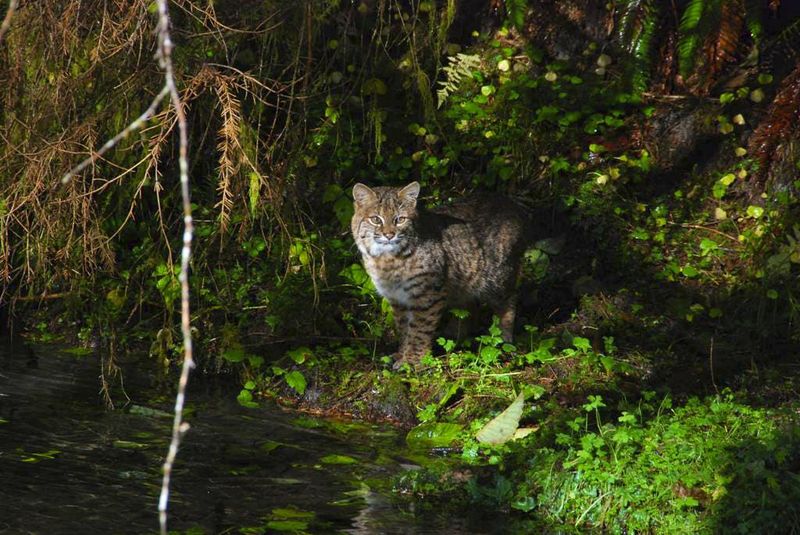
Forests could expand, reclaiming lands once used for agriculture and urban development. These lush habitats, vital for countless species, would flourish in the absence of human interference.
Trees, key to carbon sequestration, would help mitigate climate change effects. Their growth supports diverse life, from fungi to large mammals, creating intricate ecosystems.
Historically, forests have been havens for biodiversity, supporting complex food webs and balancing global climates. Their expansion would signify a healing planet, emphasizing nature’s resilience and the interconnectedness of life.
Polar Bears Adapt
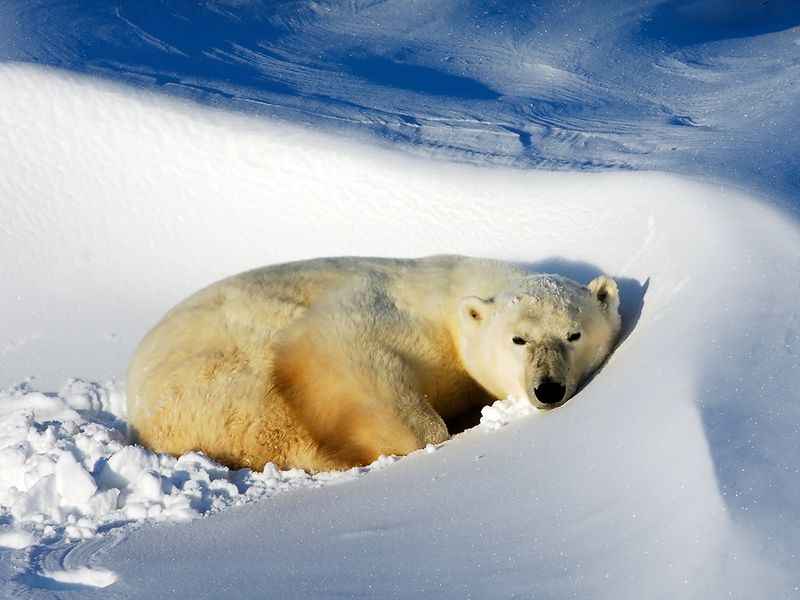
Polar bears, facing climate change threats, might adapt in a human-free world. These iconic Arctic predators, dependent on sea ice, could find novel ways to hunt and survive.
Without industrial activities contributing to warming, ice habitats might stabilize, providing bears with hunting grounds. Though challenges remain, their adaptability could ensure survival in shifting environments.
Polar bears have historically managed environmental changes, evolving over millennia. Their continued existence in a world without humans would underscore the resilience of nature’s creatures, adapting to preserve their place in the ecosystem.
Insects Thrive Unchecked
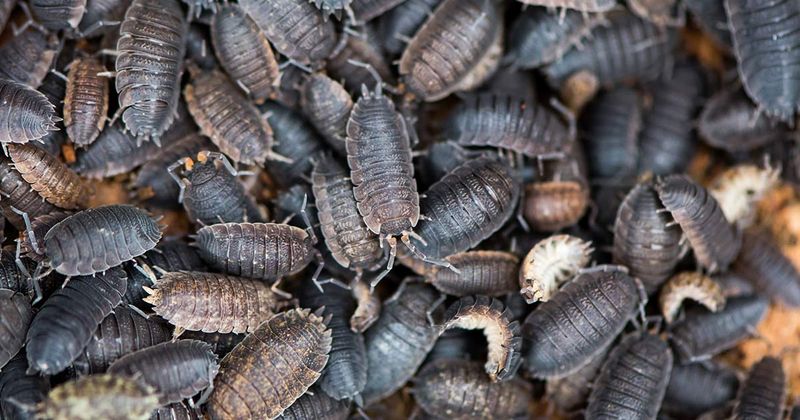
Insects, fundamental to ecosystems, would thrive unchecked without humans. These tiny creatures, essential for pollination and decomposition, are the backbone of food webs.
In a world devoid of pesticides and habitat destruction, insect populations would likely explode, supporting a wide range of species. Their resurgence would foster biodiversity, ensuring ecological stability.
Insects have been around for millions of years, adapting to various environments. Their thriving presence in a human-less world would highlight their importance in maintaining ecosystem health and balance, proving their vital role in nature’s web.
Oceans Rebalance
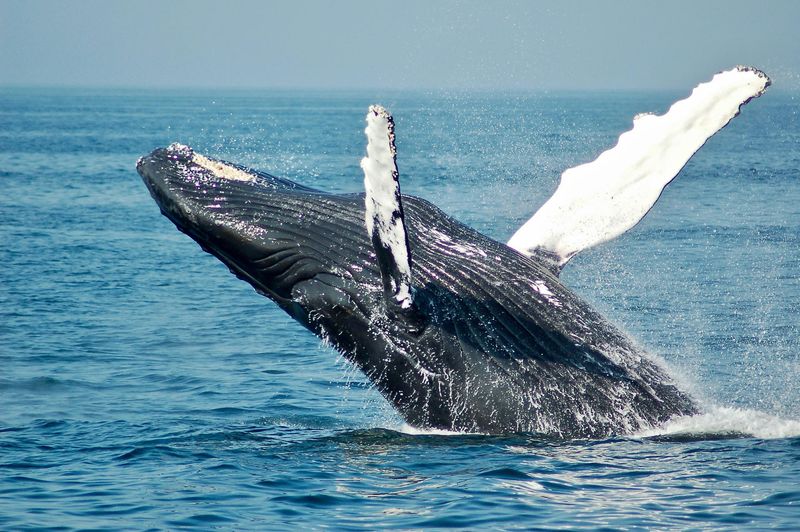
Oceans, crucial for planetary health, might find balance without human impact. These vast blue expanses, suffering from overfishing and pollution, could restore their natural rhythms.
Marine life, from plankton to whales, would flourish as ecosystems stabilize. The recovery of coral reefs and fish populations would contribute to overall ocean health.
Historically, oceans have been the cradle of life, supporting immense biodiversity. Their rebalance in a world without humans would underscore the ocean’s role in regulating climate and supporting life on Earth, showcasing its resilience and vitality.

